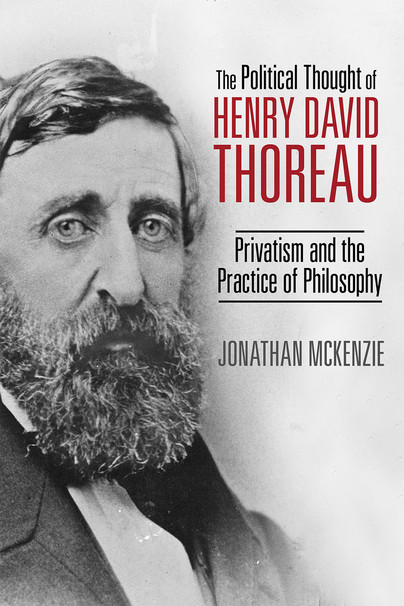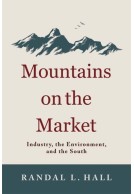Google Books previews are unavailable because you have chosen to turn off third party cookies for enhanced content. Visit our cookies page to review your cookie settings.
The Political Thought of Henry David Thoreau (Hardback)
Privatism and the Practice of Philosophy
Imprint: University Press of Kentucky
Pages: 214
ISBN: 9780813166308
Published: 22nd January 2016
Script Academic & Professional
Pages: 214
ISBN: 9780813166308
Published: 22nd January 2016
Script Academic & Professional
Please note this book may be printed for your order so despatch times may be slightly longer than usual.
You'll be £27.00 closer to your next £10.00 credit when you purchase The Political Thought of Henry David Thoreau. What's this?
+£4.99 UK Delivery or free UK delivery if order is over £40
(click here for international delivery rates)
Need a currency converter? Check XE.com for live rates
(click here for international delivery rates)
Need a currency converter? Check XE.com for live rates
Today, Henry David Thoreau's status as one of America's most influential public intellectuals remains unchallenged. Recent scholarship on Thoreau has highlighted his activism as a committed antislavery reformer and proto-environmentalist whose life became a seminal model for the image of the liberal conscience. While modern scholars have firmly established Thoreau's relevance, their focus on his public activism has undervalued the complexity and range of his contributions to American political thought and has neglected crucial facets of his philosophy regarding democratic citizenship.
In The Political Thought of Henry David Thoreau, Jonathan McKenzie analyzes not only Thoreau's well-known works but also his journals and correspondence to provide a fresh portrait of the Sage of Walden as a radical individualist. This new account examines the influence that ancient philosophers, particularly the Stoics, had on Thoreau and demonstrates his importance as one of the best modern interpreters of Socrates's vision of the self. McKenzie also argues that Thoreau's own political life was shaped by a theory of privatism that encouraged both a radical simplification of one's commitments and regular engagement in experiments that plumbed life for its most essential values.
Shunning grand abstractions and cosmopolitanism in favor of the wonders of daily life, Thoreau's work provides a critique of political and social life that seeks to restore the wholeness of the human subject by rescuing it from the clutches of public concerns. Indeed, McKenzie's nuanced, provocative analysis reveals Thoreau as a multifaceted philosopher who brilliantly wrestled with the complexities of ethical participation in modern democracy.
Other titles in University Press of Kentucky...















